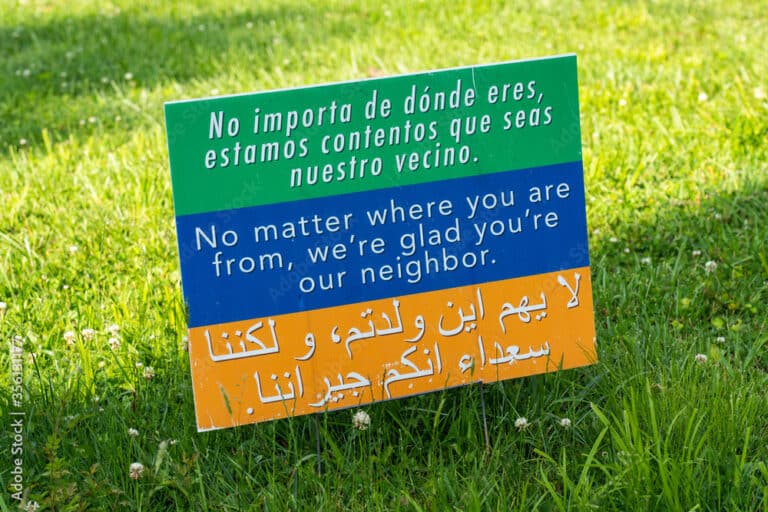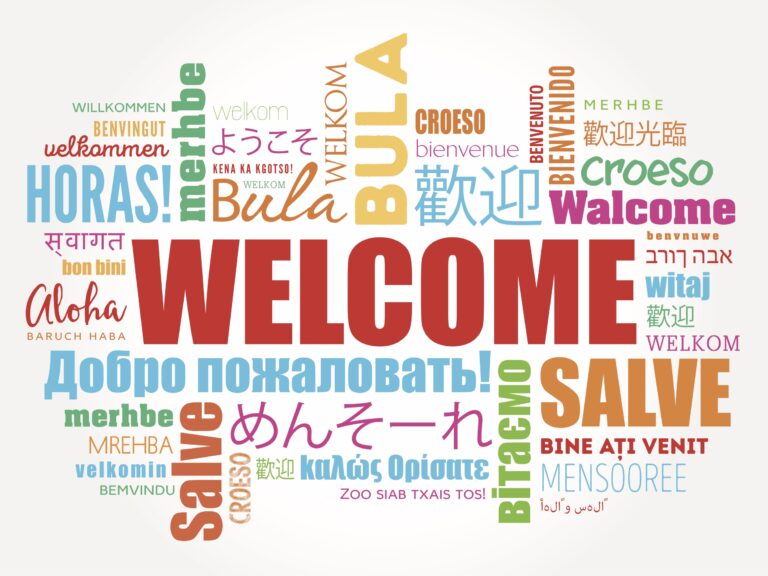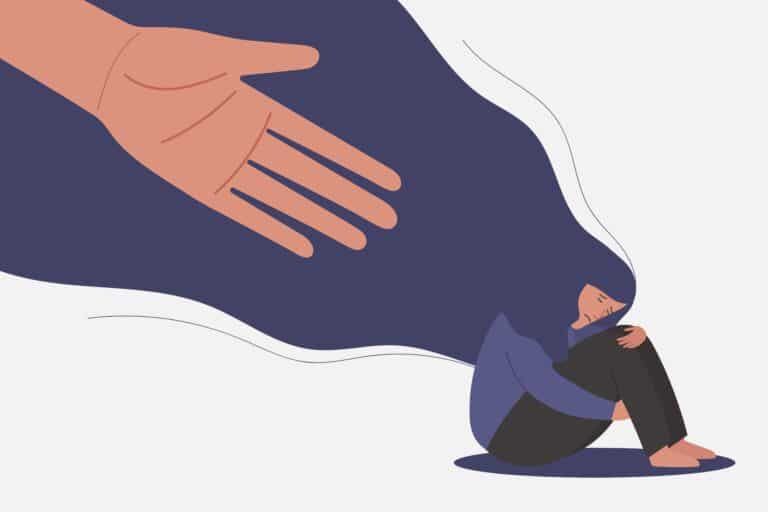Self-Determination and Power Dynamics
Self-determination is important for those arriving from Manus and Nauru, who have not been able to make their own decisions and control their own lives for over 8 years. Even though settlement teams will give them the best information possible to make decisions, ultimately it is their right to make their own choices regarding their bodies, their healthcare, their education, their work and every facet of their lives. Teams may not share the same values or agree with their decisions, but the group should still work to support them the best that they can.
Avoiding a “parent” role can be challenging, particularly when teams care deeply about the newcomer and feel responsible for their welfare. However, this is not a parent-child relationship. We should be mindful of this with the language that we use. Sponsor groups should never refer to newcomers as “my refugee” or “their refugee”, indicating ownership. Respect the choices of those sponsored about how they wish to be described and identified (including whether they wish to be identified as “refugees” and their chosen gender identity and pronouns).
There is an inherent power imbalance between the settlement group and the newcomer, and groups must keep this in mind. When asking the newcomer to participate in activities or giving advice, always be respectful and aware of any perceived pressure. You can minimize the power imbalance by asking questions and listening thoughtfully to answers, explaining things clearly and checking for understanding, and offering options (when possible) from which the newcomer can choose. Respect the autonomy of newcomers’ homes. Phone first and request a time to visit rather than showing up unannounced, letting the newcomer know that it is their home.
The ultimate goal of the newcomer’s first year of sponsorship is to be set up for self-sufficiency and independence. We should give them room to exercise their autonomy and independence so that this will happen.






